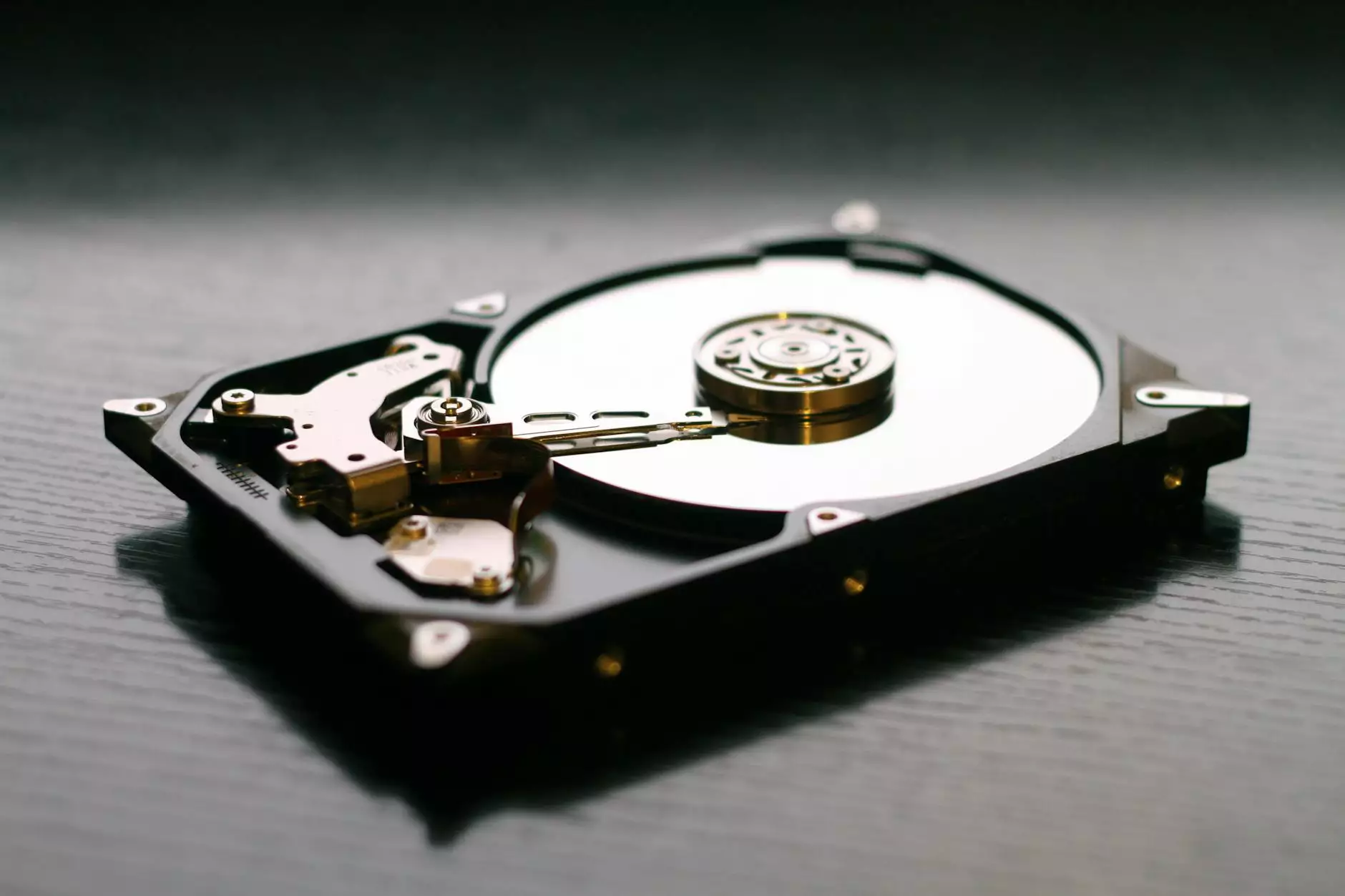Revolutionizing Refrigeration: The Future of Cold Chain Equipment

In the fast-evolving world of business logistics, having efficient refrigeration equipment is paramount. The cold chain industry is essential for ensuring that perishable goods are transported, stored, and handled under the right conditions. First Cold Chain stands at the forefront of this vital industry. In this article, we will explore the latest advancements in refrigeration equipment, the importance of an efficient cold chain, and how businesses can leverage these technologies to enhance their operations.
The Importance of Refrigeration Equipment in the Cold Chain
The cold chain refers to the supply chain that keeps perishable products at specific temperatures throughout their journey. Whether it’s fresh food, pharmaceuticals, or chemicals, maintaining the right temperature is crucial for preserving quality and safety. Here are some key points on why refrigeration equipment is critical:
- Quality Preservation: Proper refrigeration prevents spoilage and extends the shelf life of products.
- Regulatory Compliance: Many industries have strict regulations on temperature management that must be adhered to for safety.
- Reduced Waste: Efficient refrigeration reduces losses from spoilage, leading to significant cost savings.
- Consumer Trust: Ensuring product quality through the cold chain builds brand reputation and consumer confidence.
Types of Refrigeration Equipment
There are various types of refrigeration equipment that play crucial roles in the cold chain. Understanding these can help businesses choose the right solutions:
1. Walk-In Refrigerators and Freezers
These are large storage units that allow businesses to keep large volumes of perishable goods at controlled temperatures. Walk-in systems are ideal for restaurants, grocery stores, and warehouses.
2. Commercial Refrigerators
Used in retail environments, commercial refrigerators come in various forms, including display cases and upright units. They are designed for easy access and optimal visibility.
3. Transport Refrigeration Units
Specialized refrigeration units designed for trucks and trailers transport perishable goods under controlled conditions, ensuring they arrive fresh and safe.
4. Blast Freezers
These are used to rapidly freeze large quantities of food, maintaining cell integrity and quality. They are particularly important in food processing and catering.
Advancements in Refrigeration Technology
The refrigeration industry is undergoing significant changes driven by technology. Here are some of the latest advancements that are shaping the future of cold chain logistics:
1. Energy Efficiency
Modern refrigeration equipment is designed to consume less energy without compromising performance. Technologies like EC motors and efficient insulation materials are paving the way for sustainable practices.
2. IoT Integration
Internet of Things (IoT) technology is transforming refrigeration by allowing real-time monitoring of temperatures and conditions. Businesses can now receive alerts on equipment performance, enabling proactive maintenance and minimizing risks.
3. Advanced Materials
Employing new materials in the construction of refrigeration units enhances thermal insulation and durability, reducing energy consumption and extending equipment lifespan.
4. Refrigerant Innovations
There is a shift towards using natural refrigerants, which are less harmful to the environment compared to traditional gases. This aligns with global efforts to reduce carbon footprints.
Choosing the Right Refrigeration Equipment
Selecting the appropriate refrigeration equipment for a business can be a daunting task. Here are essential factors to consider:
1. Product Requirements
Understanding the specific temperature and storage requirements of the products is essential in choosing the right equipment.
2. Space Availability
Evaluate the available space for installation. Walk-in units may be beneficial for large-scale operations, while commercial refrigerators may suffice for smaller businesses.
3. Cost vs. Benefit
While upfront costs are important, consider long-term benefits like energy efficiency, reduced spoilage, and potential savings over time.
4. Vendor Reliability
Selecting a reputable vendor, like First Cold Chain, ensures access to high-quality products and reliable customer service.
Maintaining Refrigeration Equipment
Proper maintenance of refrigeration equipment is vital for longevity and efficiency. Here are some best practices:
- Regular Cleaning: Keep refrigeration units clean to ensure efficient operation and prevent odors.
- Temperature Monitoring: Regularly check and monitor temperature settings to ensure they are functioning properly.
- Professional Inspections: Schedule routine inspections with qualified professionals to diagnose potential issues early.
The Future of Cold Chain Logistics
The future of cold chain logistics is bright, driven by technological innovation and sustainability. As consumer demands evolve, businesses must adapt and invest in refrigeration equipment that meets those needs. Companies like First Cold Chain continue to lead the way by embracing new technologies, improving efficiency, and ensuring the safe transportation of perishable goods.
Conclusion
In conclusion, refrigeration equipment is not just a necessity; it is a vital component of the cold chain that significantly impacts the quality and safety of perishable products. As technology advances, businesses must stay informed and proactive in investing in the latest refrigeration solutions. At First Cold Chain, we help businesses navigate these changes, providing the best refrigeration equipment to meet their unique needs. Embracing these changes not only enhances operational efficiency but also builds trust with consumers, ensuring a lasting impact on your business's success.
https://www.first-coldchain.com/


